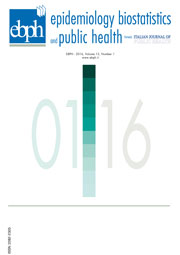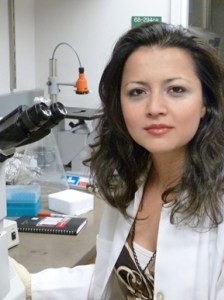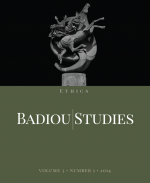 Gastroenterology has retracted a 2012 article on GI cancers associated with AIDS after the authors, from the National Cancer Institute, acknowledged that a “programming” error led them to overestimate the incidence of the tumors.
Gastroenterology has retracted a 2012 article on GI cancers associated with AIDS after the authors, from the National Cancer Institute, acknowledged that a “programming” error led them to overestimate the incidence of the tumors.
The paper, “Increased Risk of Stomach and Esophageal Malignancies in People With AIDS,” received a significant amount of attention when it first appeared, including a press release from the American Gastroenterological Association and several news articles. Here are its primary findings, according to the abstract: Continue reading Paper on GI cancers linked to AIDS pulled for errors that upped tumor incidence







 A philosophy journal that focuses on the teachings of philosopher
A philosophy journal that focuses on the teachings of philosopher 